Myanmar (former Burma), a country that was expected to have developed rapidly after gaining independence from Britain in 1948, but the military seized an opportunity cementing a grip on power, producing one of the most repressive, brutal regimes in modern history and for more than twenty-five years it’s borders sealed and its people isolated.
Yangon. Once the capital (changed to Nay Pyi Taw in 2005) mind-numbing traffic as far as the eye can see, colonial buildings that even in decay seem somewhat beautifully majestic, temples and pagoda’s gilded masterpieces are seen throughout the city that would make you question your inner atheist.
“Welcome to Myanmar” a man, shouts out from his car window, “you want to see where our mother lives?” Twenty minutes later and an imprint of my hands left on Tay Na’s passenger seat I arrive at the gates of Aung San Suu Kyi compound, “She never forgot us” Na says wiping the evidence of betel nut from his lips and that she didn’t.
This lady embodies the soul of the nation. With the power of speech, her kindred spirit infused a hope, and a hope that was maintained. House arrest would never tame her; she refused to be bribed into silence, her love and compassion triumphed.
I had not arrived in Mandalay ten minutes when I found myself in a local taxi driver’s house teaching English to his neighbour’s children. His name was Toe Toe. The following day he brought me to his brother’s monastery. His brother is the head monk there and also practices alternative medicine.
A largely Buddhist population with some 50 million, it remains a constant solace. In Mandalay alone, there are over 400,000 monks, and all are openly political, they fear not of the government, nor the 300,000 military. Monks rank high among the 2,100 political prisoners in the country.
To be honest I did feel at times that I was being led on a leash. The military know your every move. They don’t quite lurk in corners of the streets ready to pounce, Actually the majority of the time they are nowhere to be seen, But in terms of Passports and visas always required when booking accommodation, travelling on buses, ferries, etc, that’s when the leash tightens.
There were a few incidents when fully armed soldiers, some frightfully young stormed onto buses with an air of asperity, demanding everybody’s ID card (which is compulsory to carry). Unfortunately, the Burmese are far too accustomed to interrogations.
The complexities of this inchoate country can be difficult to understand, of how a regime can form such a people, but they are everything the regime is not; they are kind, generous, engaging, and humorous. Everyday they battle a tangled web of repression and reform.
As I make my way back to Yangon I am overcome by the wisdom and beauty beyond the suffering. A country so beautifully unspoilt, a piety of beauty, rich in unique culture and tradition and still withholds its name as the jewel of Asia.
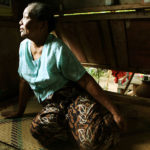
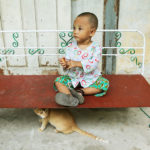
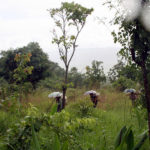
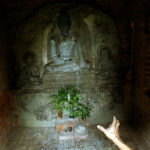
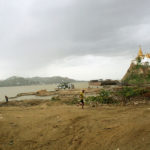
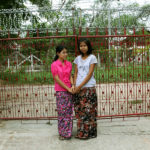
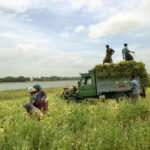
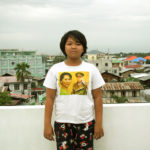
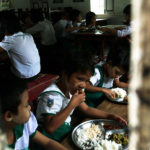
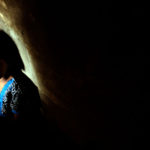
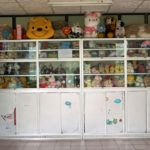
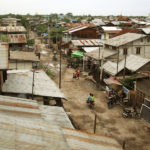
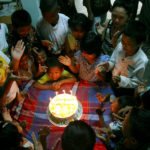
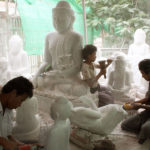
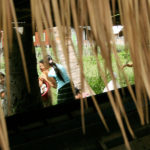
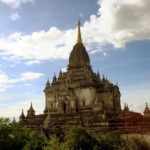
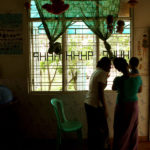
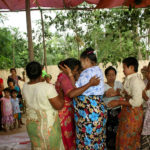
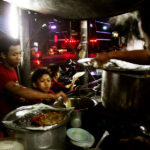
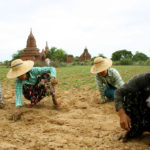
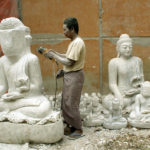
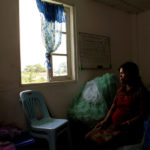
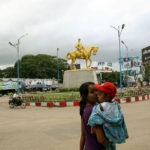
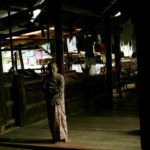
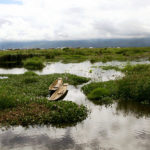
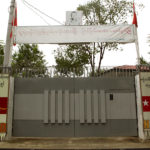
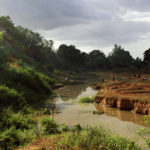
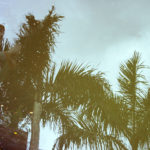
One thought on “Myanmar. Beauty Beyond the Suffering
by Norma Manly”
Comments are closed.